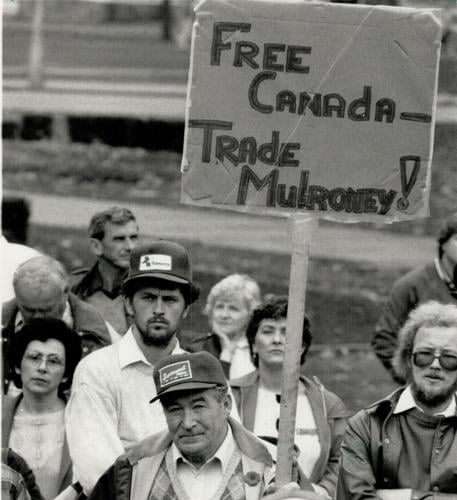Are US Officials’ Visits Good for Taiwan?
(Taiwan) on 26 February 2024
by Chen Jing (link to original)
The 'America Skepticism Theory' View of US Visits to Taiwan
President Joe Biden is the U.S. leader who has made the most explicit statements to date that he would defend Taiwan in the event of cross-strait issues, while at the same time adhering to its One-China policy. Yet, without changing its political stance, the U.S. has maintained frequent contact with Taiwan, including joint military drills and arms sales. These actions have led many to harbor doubts about the U.S., namely whether it is instigating a war in the Taiwan Strait and nudging Taiwan toward war with the Chinese Communist Party, and even comparing Taiwan to Ukraine and perceiving Taiwan as being used by the U.S. as a pawn in its confrontations with the CCP.
Conflict between the US and the CCP
After incidents such as former U.S. President Donald Trump’s trade war against the CCP, the controversy over COVID-19’s origins and the appearance of CCP spy balloons in U.S. airspace, right-leaning figures in the U.S. broadcast their anti-China sentiments to domestic voters. Still, left-leaning figures, too, expressed their dissatisfaction with the CCP’s provocation of the U.S. This shows that American support for Taiwan has continued to spread among the two political parties and, further, that the U.S. and Taiwan are inextricably linked in terms of national security, economic cooperation and semiconductor trade. Therefore, issues such as arms sales to Taiwan are also supported by the U.S. Congress, demonstrating Taiwan's importance to the U.S.
The History of the US Congress with Taiwan
Looking back through history, Taiwan and the U.S. Congress have always enjoyed a close relationship. Even though former U.S. President Jimmy Carter broke off diplomatic relations with Taiwan in 1979, Congress nonetheless insisted on passing the Taiwan Relations Act with Taiwan, which maintains Taiwan-U.S. relations to this day and states that the U.S. opposes any attempts to change the status quo in the Taiwan Strait by force. At the same time, it provides arms sales to Taiwan to defend against a CCP invasion, showing that the U.S. has never abandoned Taiwan and has always supported and affirmed its democratic policies. This is further proof of the importance of unity among democratic countries.
The successive, high-level visits have added to the friendly relations between the U.S. and Taiwan, enhancing the latter’s international status. This has put the CCP on edge, as seen in its social media accounts’ continued denunciation of the visits of U.S. government officials and members of Congress as infringing on its sovereignty. The CCP regards Taiwan as an autonomous region among its provinces, so U.S. visits to Taiwan are both a provocation and serious interference in the CCP’s internal affairs, and it is not at all surprising to see the CCP using social networking sites to leverage the bandwagon effect and blind its people to the international situation. As U.S. officials’ visits catapult Taiwan onto the global stage and show the international community the difference between Taiwan and the CCP, Taiwan’s future promises to be a bright one.
The author is a researcher of cross-strait relations and an international current affairs commentator.


